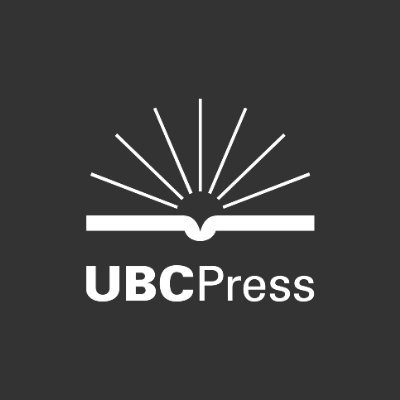What makes a well-written book?📚
Check out the following #writing tips.
Suggestions from editors at McGill-Queen’s University Press (@McGillQueensUP), University of British Columbia Press (@UBCPress) & University of Toronto Press (@utpress).
Hope this is helpful! Thread: 🧵👇
Check out the following #writing tips.
Suggestions from editors at McGill-Queen’s University Press (@McGillQueensUP), University of British Columbia Press (@UBCPress) & University of Toronto Press (@utpress).
Hope this is helpful! Thread: 🧵👇
1/ Write clearly! Read Strunk and White’s Elements of Style, and follow that advice. Discussing complicated ideas does not necessarily mean complicated writing. (Randy Schmidt, @randyubcp) #ElementsofStyle
2/ Look at books you cite often and are inspired by as a model. Keep your audience firmly in mind and write to that audience. Stick to the core objective. Resist incorporating material that, while interesting, detracts from that primary aim. (Dan Quinlan, @utpress) #focus
3/ Read widely. Consider the world of fiction and nonfiction – and outside your research realm, too. How have authors you admire started and finished their books? What rhetorical techniques do they employ to grab and hold readers’ interest? (Emily Andrew, @eandreweditor) #reading
4/ Be #topical. Narratives and anecdotes drawn from the #news, your own research, or another source can be the most effective way of encapsulating your focus and catch the reader’s attention. (Dan Quinlan)
5/ Write with an interested, engaged personal relation in mind. Or perhaps write for a bright upper-year undergraduate student. Think about how journalists write: short sentences, declarative prose, BLUF (bottom line up-front). (@eandreweditor) #journalism #BLUF
6/ As a writer, your subject matter will be the primary determinant of your audience. If what you are writing has a practical or prescriptive ambition, speak to that #audience early on in the Introduction, pointing to parts of the book that may be of most relevance. (Dan Quinlan)
7/ Sometimes less is more! Most people these days have more to read than time in which to do so. A longer book is seldom better than a shorter, more concise one. (@randyubcp) #lessismore
8/ How long should your book be? Many publishers want book manuscripts in the range of 80,000-100,000 words including text, notes, and references. Consult with your publisher of choice and adhere to the agreed upon word limit. (@randyubcp) #wordcount
9/ Come up with a writing plan. Some authors like to write a certain number of words per day and then go back later, reworking for style, a clear throughline across chapters, and analytical precision. (@eandreweditor) #AcademicWriting
10/ Get feedback. Oftentimes close colleagues can be the most (constructively) frank! Ask for informal feedback from peers you trust and who work in your idea, but with whom you may be too closely connected to suggest as peer reviewers. (Dan Quinlan) #Feedback
11/ A gentle note for senior academics: a lifetime of scholarly writing does not prepare you to write a crossover book in retirement. Unless you have a track record of non-scholarly writing, publishers will be wary of your claims to be able to do so. 😉(@randyubcp) #writingtips
Stay tuned! More book tips coming as we build up to a book #publishing panel at the @cpsa_acsp conference at 12pm on June 1, @YorkUniversity.
Next up: tips for edited books. 📖
#CPSA_ACSP23 #Toronto
Next up: tips for edited books. 📖
#CPSA_ACSP23 #Toronto
• • •
Missing some Tweet in this thread? You can try to
force a refresh

 Read on Twitter
Read on Twitter








